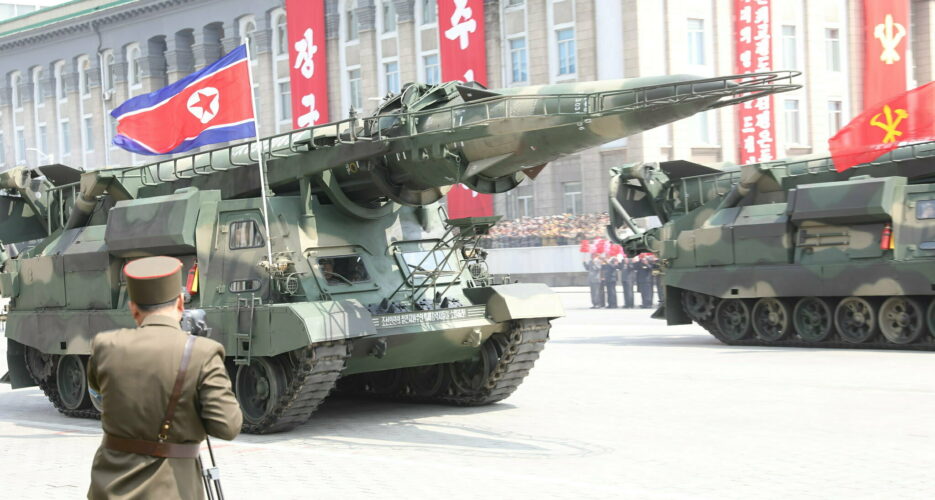About the Author
Oliver Hotham
Oliver Hotham was an NK News contributor based in Seoul, South Korea. Follow him on Twitter.

Get behind the headlines
|
Analysis After the fifth nuke test, a new sanctions crackdown?Experts divided on best way to respond further DPRK provocation  North Korea’s fifth nuclear test, its second this year, hasn’t done much for its already fairly shaky standing on the international stage. It doesn’t look like everyone’s going to be sitting around the negotiating table anytime soon, and that the impetus to punish the country for its blatant disregard for international law will win out - for good reason. But the shape of how this will affect the already heavy sanctions against the country, however, remains unclear. © Korea Risk Group. All rights reserved. |